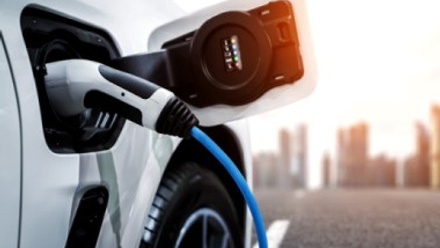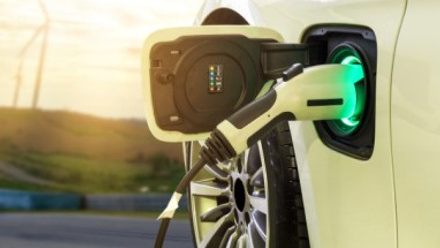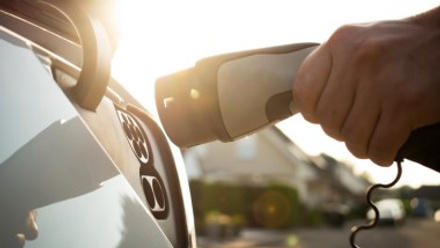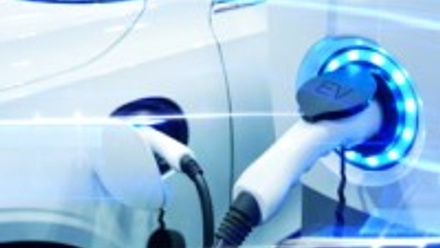Tax and NI danger areas for company vehicles

Errors could result in a significant liability, as HMRC will look to employers to settle any additional tax due in relation to the employee (on what is known as the grossed up basis), National Insurance (NI), interest and penalties. The penalty for an incorrect P11D could be up to £3,000 per form, and if HMRC undertake a review they will typically look back six tax years for any potential errors.
Here, I consider a number of danger areas for employers to watch out for in relation to vehicles which could lead to a tax and/or NI liability.
Company cars
1. List price and accessories
The taxable benefit is calculated on the original list price when first registered as new plus the cost of accessories. It is not calculated on purchase price or values shown in the business accounts.
2. Making good private fuel costs
Employees who are provided with any private fuel have a fuel benefit charge. However, if they make good the cost of all private fuel in each tax year they will not.
In practical terms, the challenge typically arises in relation to employees who have fuel cards. Employees must keep detailed business mileage records to calculate the amount they need to reimburse to their employers. The reimbursement may either be calculated as private miles/total miles x cost of all fuel provided or by applying HMRC’s Advisory Fuel Rates to the private miles travelled.
Any making good must be done by 6 July following the end of the tax year. Not making good all private fuel can be costly, for 2020/21 the fuel benefit charge is £6,125 for a car with an emissions percentage of 25%.
3. Cash alternatives/salary sacrifice
HMRC introduced new legislation in April 2017 in relation to Optional Remuneration Arrangements (known as OpRA). In broad terms OpRA negated the tax benefits of using most salary sacrifice arrangements, including in relation to cars. The legislation also introduced new rules to catch the situation where a cash alternative is available to an employee instead of a car and they choose a car.
In broad terms, if a salary sacrifice arrangement or cash alternative option is available in respect of a car arranged after 6 April 2017 the taxable benefit is calculated on the higher of, the normal basis and amount sacrificed, or the cash alternative. For example, if an employee has a new car on 6 April 2019 and the normal benefit is £3,000, but there is a cash alternative of £5,000 then the taxable benefit will be £5,000.
One final point, OpRA does not apply to cars with CO2 emissions of 75g or less.
Company vans
A tax exemption is available in respect of the provision of a company van to an employee who uses it only for business use and home to work travel where other private use is expressly forbidden. However, as it is with any benefit where an exemption is claimed, employers have to be able to demonstrate to HMRC why they consider the exemption is due. Some employers have tracking devices on their vehicles, whilst others ask employees to complete declarations and maintain mileage logs.
Pool vehicles
An exemption is also available for pool vehicles, cars and vans, which are available for business use by a number of employees. The vehicles must satisfy all of the following conditions:
- They were made available to and actually used by more than one employee; and
- They were not ordinarily used by one employee to the exclusion of others; and
- Any private use by any of the employees was merely incidental to the employees other use in that tax year; and
- They were not normally kept overnight on or in the vicinity of any of the employees homes.
Monitoring of pool vehicle usage, including mileage records, should be in place to demonstrate to HMRC that all of the conditions are satisfied. If an employer is unable to satisfy HMRC that the exemption is due, then a taxable benefit will arise.
Examples of the cost of making errors
HMRC visit an employer in October 2021 and identify the following errors:
1. Company car
A car benefit was incorrectly calculated using the cost – it was bought second hand – rather than the list price. Over the three years that it was owned by the company the benefit was underdeclared by £15,000. The liability is almost £14,000.
2. Company car fuel
The driver of the same car was given a fuel card and thought they had made good the private fuel costs. However, the mileage records were poor and HMRC were not satisfied all private fuel had been made good. No fuel benefit was shown on any P11Ds. The undisclosed benefit is in excess of £18,000. The liability is almost £17,000.
3. Cash alternative
An employee was provided with a new car on 6 April 2018. They had an option to take a cash alternative of £5,000 per year. However, the P11D showed the taxable benefit calculated using the normal method. The benefit had been under reported by £7,500 for the three years up to and including 2020/21. The liability is almost £7,000.
4. Company vans
The company had two vans. Neither had ever been reported on forms P11D. There are no records to demonstrate that they are eligible for a tax exemption. The undisclosed van and fuel benefits for six tax years is almost £50,000 and the liability is almost £45,000.
As the example demonstrates, the cost of errors in relation to only two cars and two vans could be over £80,000 if all the employees were 40% taxpayers. The liability would be lower if the employees had been basic rate taxpayers. There would also be interest and potential penalties!
On that sobering note, my final message is take care and beware of the costs of making mistakes.
The author is Paul Tucker, employment taxes senior manager at UNW LLP.






